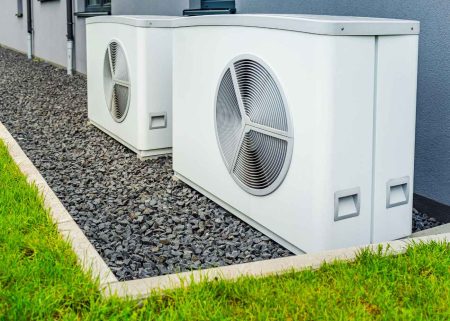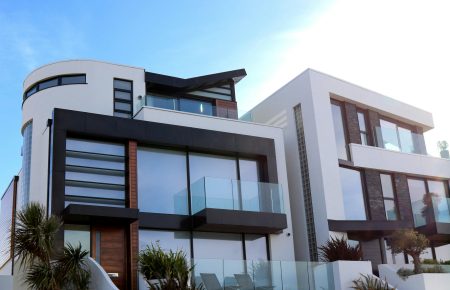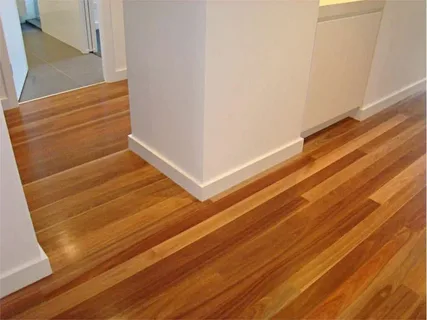In commercial spaces, privacy screens play a crucial role in both functional and aesthetic aspects of the environment. Whether it’s for enhancing customer experiences, creating private workstations, or defining areas within an open-plan office, privacy screen offer versatile solutions. Here’s how incorporating a privacy screen can benefit commercial spaces and improve their overall design.
1. The Importance of Privacy Screens in Commercial Spaces
Privacy screens serve multiple purposes in commercial environments. They offer privacy for both employees and clients, reduce distractions, and can help in organizing and defining different areas within a space. Additionally, they contribute to the overall aesthetics, ensuring that the design aligns with the brand’s image while maintaining functionality.
2. Types of Privacy Screens for Commercial Spaces
Here are some effective types of privacy screens and their applications in commercial settings:
- **1. Glass Partition Screens
Glass partition screens are a popular choice for modern commercial spaces. They provide a sleek and professional look while offering sound insulation and light diffusion. Frosted or patterned glass can enhance privacy without compromising on openness.
- Pros: Modern aesthetic, allows natural light, soundproofing
- Cons: Can be costly, requires regular cleaning
- **2. Fabric Privacy Screens
Fabric privacy screens are versatile and available in various colors and patterns. They can be used to create flexible workspaces, meeting areas, or waiting zones. Fabric screens can also be custom-designed to match the company’s branding.
- Pros: Customizable, cost-effective, easy to install
- Cons: May require regular cleaning, less durable than other materials
- 3. Wooden Privacy Screens
Wooden privacy screens add a touch of warmth and sophistication to commercial spaces. They can be designed with intricate patterns or slats to create a stylish barrier while maintaining a sense of openness. Wooden screens are ideal for areas that require a more traditional or elegant look.
- Pros: Stylish appearance, durable, customizable designs
- Cons: Higher maintenance, can be expensive
- **4. Metal Privacy Screens
Metal privacy screens are robust and modern, often used in high-traffic areas. They come in various designs, including perforated or laser-cut patterns, which add both privacy and an artistic element to the space. Metal screens are particularly suitable for industrial or contemporary environments.
- Pros: Durable, low maintenance, artistic designs
- Cons: Can be cold or uninviting, may require special installation
- **5. Living Walls
Living walls or vertical gardens offer a unique way to incorporate privacy and greenery into commercial spaces. These screens use plants to create a natural barrier, which enhances both privacy and aesthetics. They are ideal for reception areas, lobbies, or any space where a touch of nature is desired.
- Pros: Eco-friendly, improves air quality, attractive design
- Cons: Requires regular maintenance, can be costly
3. Benefits of Using Privacy Screens in Commercial Spaces
- Enhanced Privacy: Privacy screens provide confidentiality for meetings and workstations, improving employee focus and client comfort.
- Space Organization: Screens help in defining and segmenting areas, creating distinct zones within open-plan spaces.
- Aesthetic Appeal: With various designs and materials available, privacy screens can complement the overall decor and branding of the commercial space.
- Acoustic Benefits: Many privacy screens offer soundproofing qualities, reducing noise and enhancing the overall ambiance.
4. Choosing the Right Privacy Screen
When selecting a privacy screen for your commercial space, consider the following factors:
- Purpose: Determine if the screen’s primary function is to enhance privacy, reduce noise, or serve as a design element.
- Material: Choose a material that aligns with your space’s aesthetics and functional requirements.
- Maintenance: Consider how much upkeep the screen will require and choose options that fit your maintenance preferences.
- Budget: Factor in both initial costs and long-term maintenance to ensure the screen fits within your budget.
5. Conclusion
Privacy screens are essential tools for enhancing both function and aesthetics in commercial spaces. By carefully selecting and implementing the right type of privacy screen, businesses can create more comfortable, organized, and visually appealing environments. Whether you opt for glass partitions, fabric panels, wooden slats, or living walls, a well-chosen privacy screen will elevate the quality of your commercial space and contribute to a better overall experience for both employees and clients.










